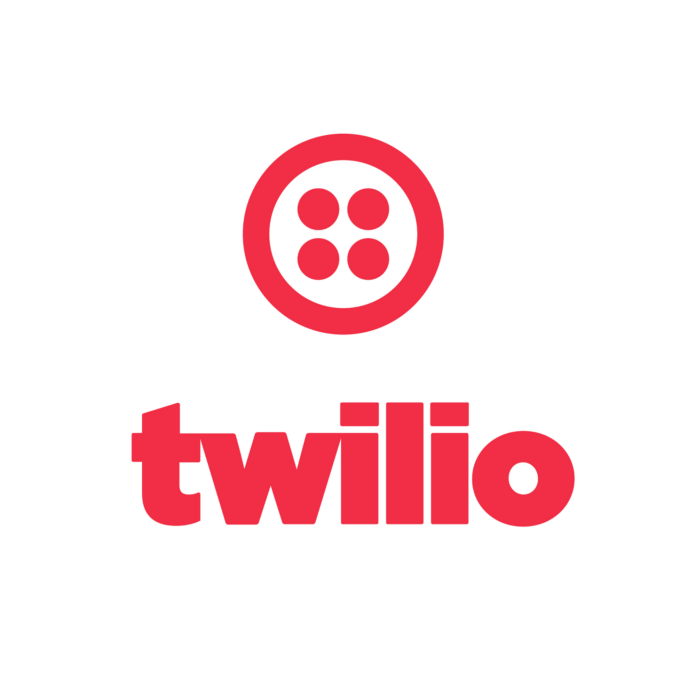Twilio (NYSE: TWLO), the customer engagement platform that drives real-time, personalized experiences for leading brands, today released its sixth annual State of Customer Engagement Report.
Based on a global survey of more than 7,600 consumers and 600+ business leaders across 18 countries, including the Philippines, the report underscores a powerful trend: AI is driving clear ROI—but unless businesses also earn consumer trust and deliver relevance in the moment, they risk leaving real value on the table.
In a macroeconomic climate where every peso counts, the stakes are high. 97% of Philippine companies say AI is already improving customer-facing operations such as support, marketing, and personalization. Additionally, more than 6 out of 10 (63%) Philippine businesses say it’s speeding up their response times, and 57% see more satisfied customers.
However, alongside the wider adoption of AI among local brands, consumer expectations for AI are evolving. Filipino consumers are demanding greater transparency, with 71% seeking clearer terms and conditions from brands and 68% wanting to be informed when they are communicating with AI—the highest proportion among Asia Pacific markets surveyed. This trend highlights the need for local brands to implement robust safeguards and enhance transparency in AI-driven interactions.
“Filipino consumers have embraced brands that use AI, but there’s a major caveat — engagement must feel natural and be grounded in trust,” said Nicholas Kontopoulos, Asia Pacific & Japan Vice President of Marketing at Twilio. “This year’s report shows that while brands are taking engagement up a notch, technology alone isn’t the answer. Filipino consumers are leading the region in calling for transparency, and the companies that step up will truly unlock the potential of AI and earn customer loyalty.”
Key insights from the report show why a better customer experience (CX) is the key to AI’s return on investment for Philippine businesses:
- AI-powered personalization is delivering revenue—but not trust. 53% of brands now use AI to tailor experiences — from personalized content and recommendations to real-time support and dynamic offers — and half of these brands (50%) report increased customer spend. However, while AI is paying off, its responsible and effective implementation presents some hurdles — 57% face security risks and 47% grapple with issues related to data quality and accuracy.
- There’s lots to gain when brands personalize, and much to lose when they don’t. Philippine retailers operate in a demanding market where consumers are quick to walk away, with a significant 85% saying they abandon purchases when experiences fall flat. On the flip side, 99% are more likely to buy, and 71% are willing to spend more when engagement is personalized in real time. However, less than half (45%) of local brands say they’re executing at that level.
- Trust remains fragile, and control is key. Only 20% of Filipino consumers “absolutely” trust brands with their data, and 63% of consumers don’t believe brands use their data in their best interest. Moreover, most Filipino consumers want control over their personalization settings and to be able to communicate with brands on their preferred channels – be it social media, email, text or voice.
- AI’s next frontier is smarter, more genuine customer engagement. Although AI acceptance is growing, customers still value human involvement. In fact, 80% of Filipino consumers say it is important for AI-powered brand interactions to feel as though they come from a human.
- Smart investments are separating leaders from laggards. To stay competitive, 93% of Philippine businesses plan to build custom CX tools rather than buy off-the-shelf—betting on better data, transparency, and automation to stay competitive. Additionally, 67% plan to adopt Rich Communication Services (RCS) when it becomes available to create richer customer conversations.
In a world where customer loyalty is harder to win — and easier to lose — businesses can no longer afford to treat trust and personalization as optional. The 2025 State of Customer Engagement Report makes it clear that customers have a strong desire to retain control and autonomy over their brand interactions and to have a hand in shaping their AI-driven experiences. Brands that build transparent, real-time relationships will be best positioned to drive growth, deepen loyalty, and stand out in an increasingly competitive, AI-powered marketplace.
The full 2025 State of Customer Engagement Report is available here.








